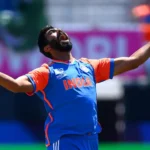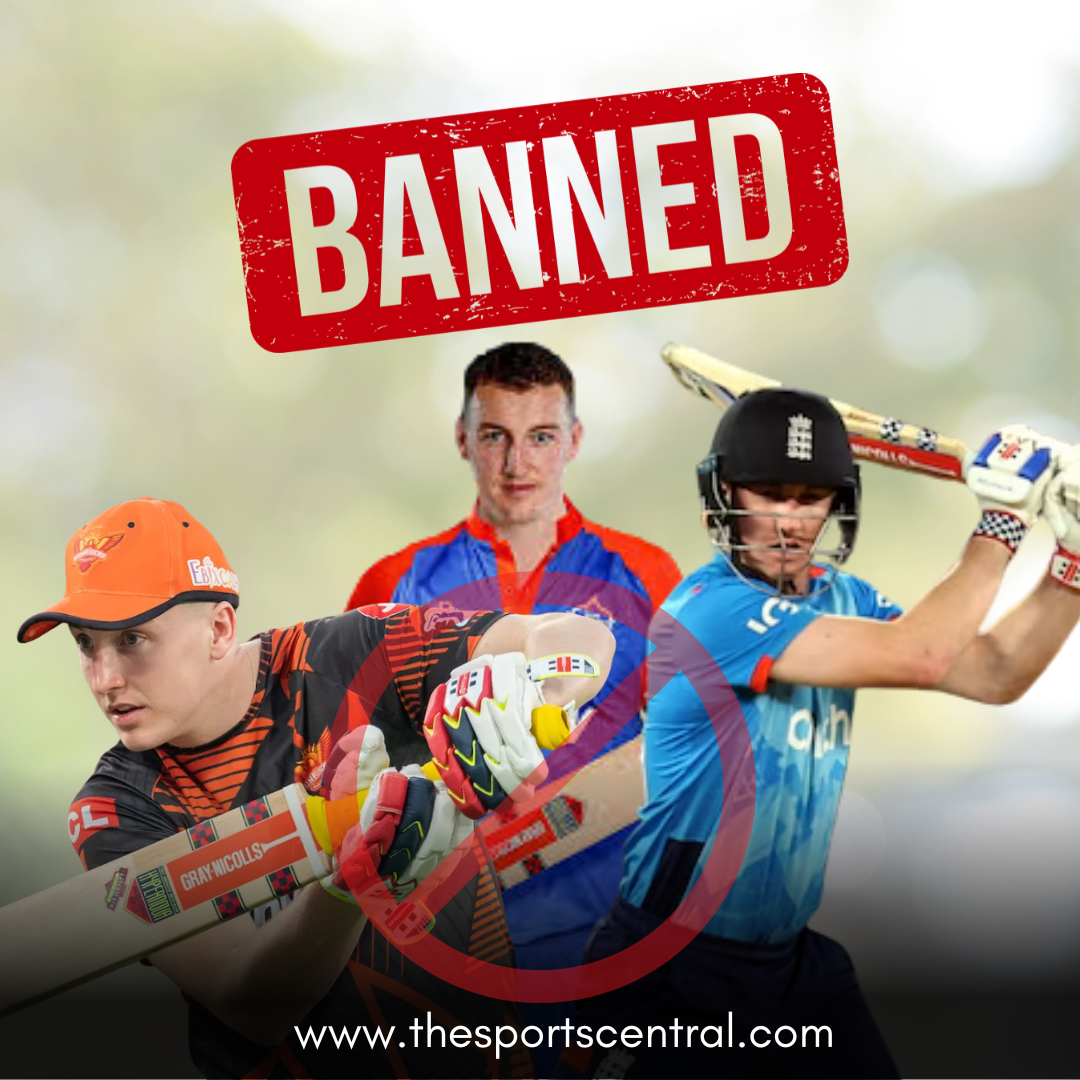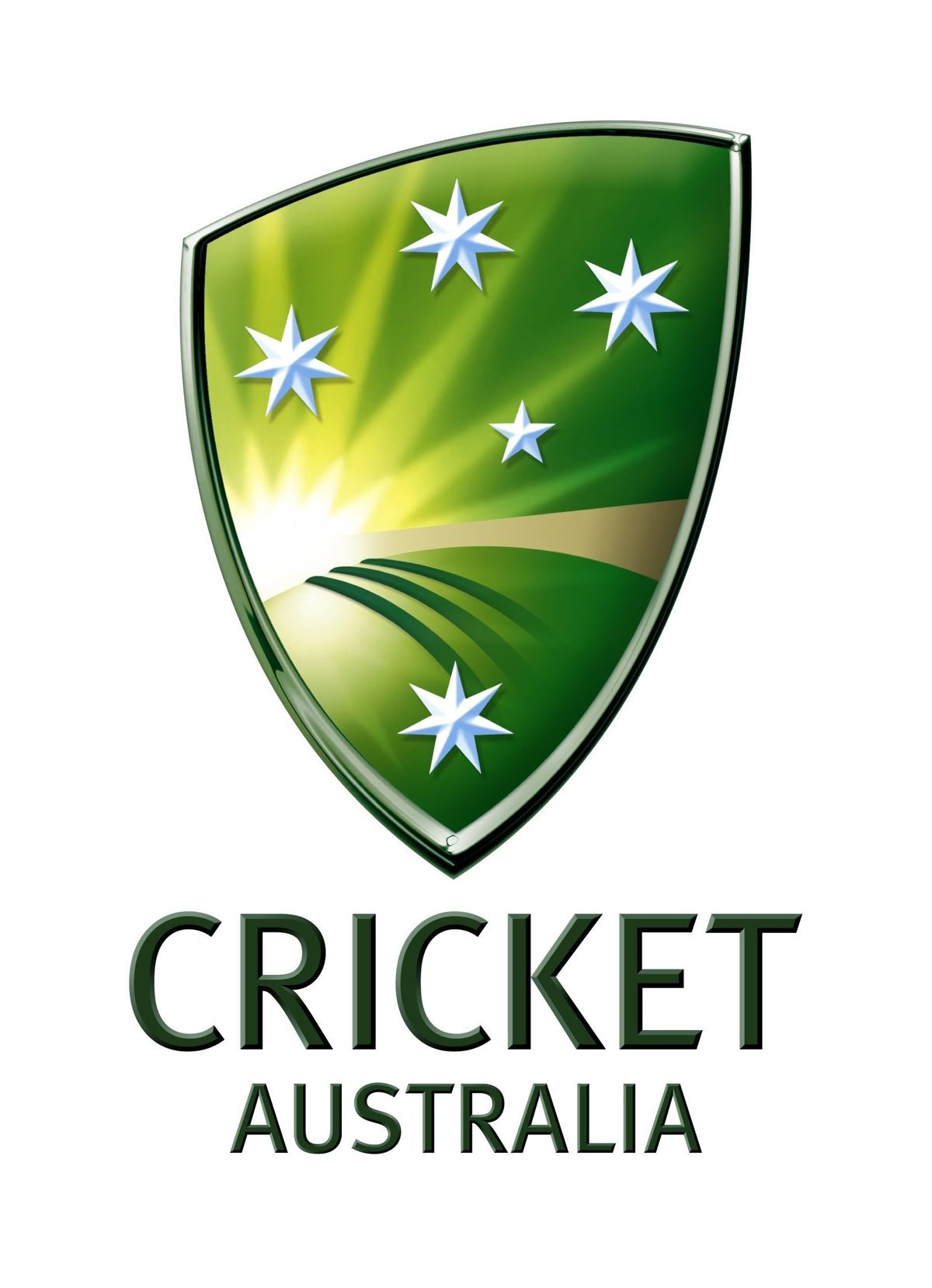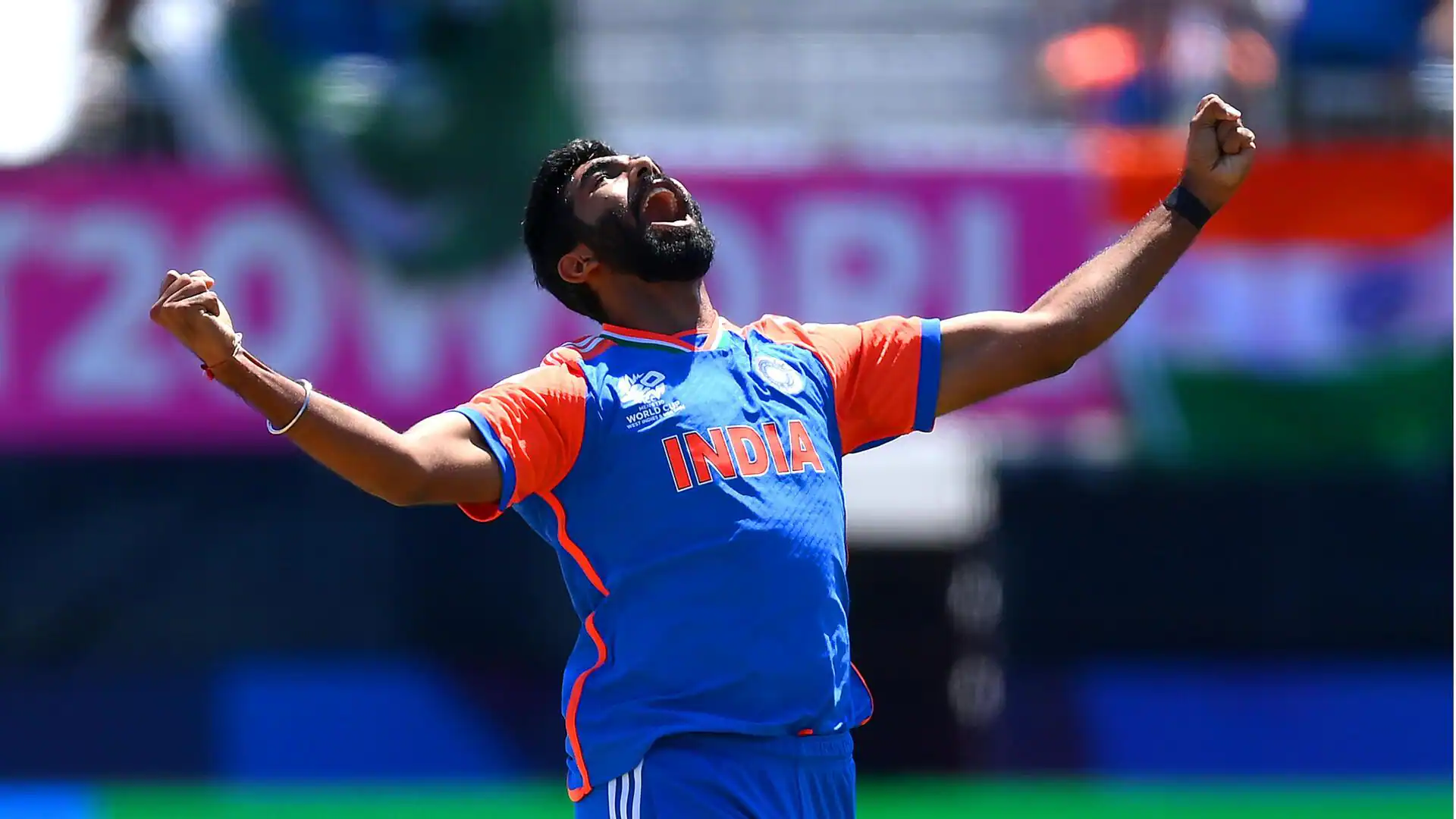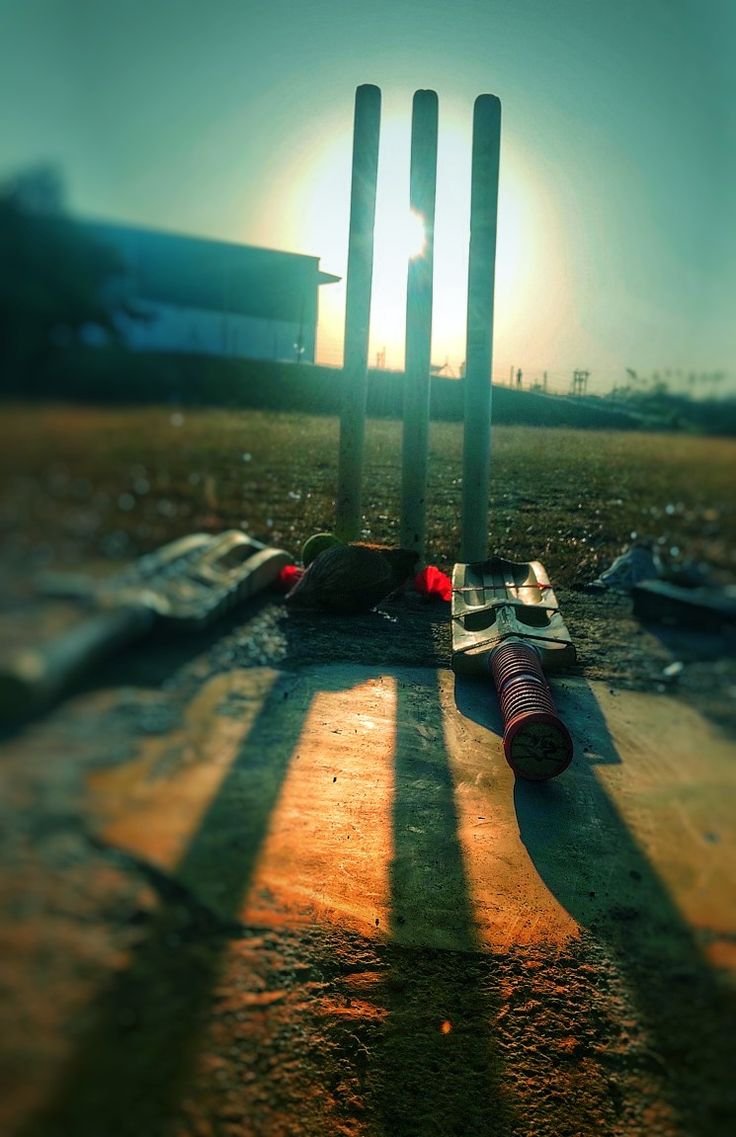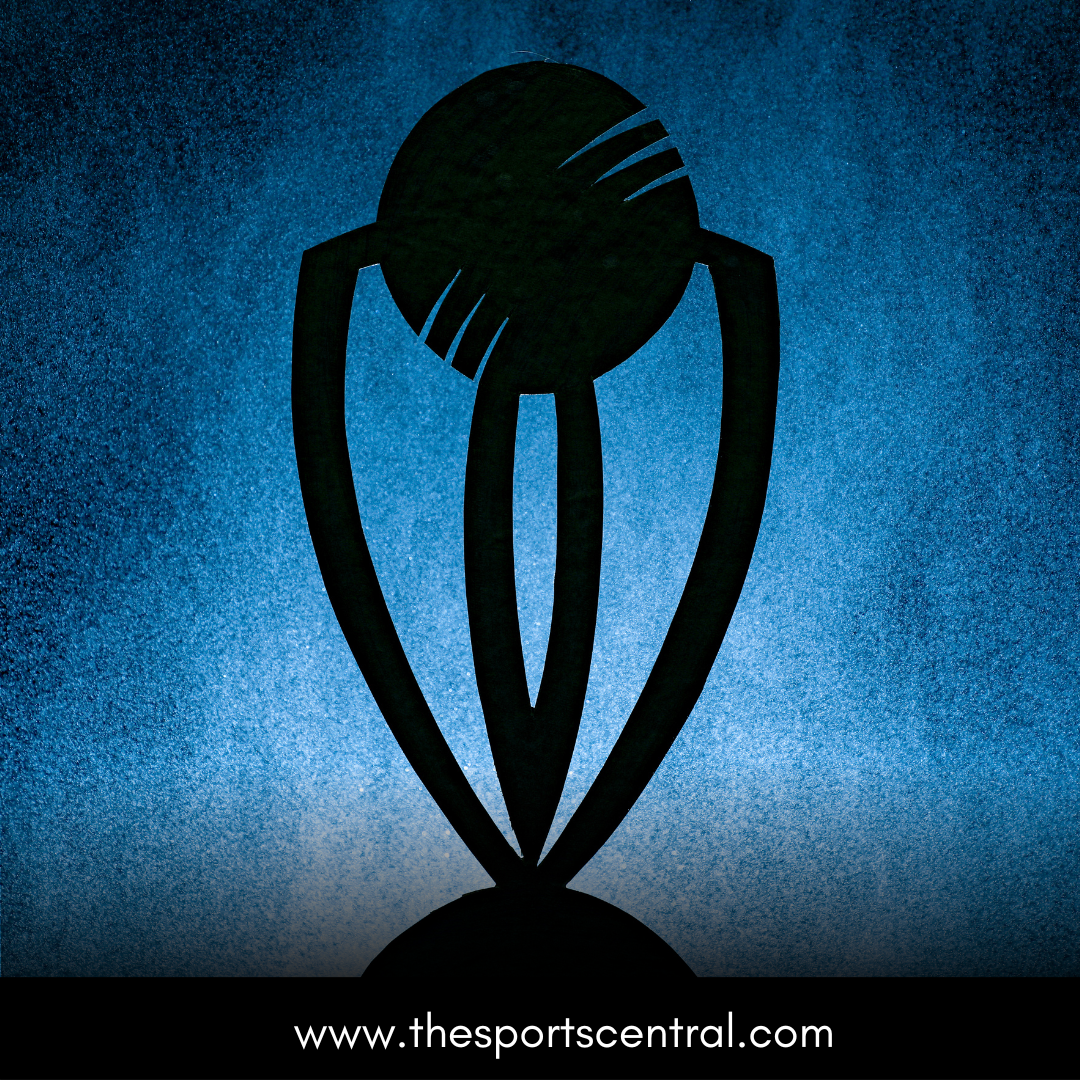The Indian Premier League (IPL) has established itself as the most lucrative and competitive T20 tournament in the world. Every year, players from across the globe register their names for the auction, hoping to secure contracts with franchise teams. However, the recent decision by the Board of Control for Cricket in India (BCCI) to impose a two-year ban on England batter Harry Brook has sparked controversy. The governing body informed the England and Wales Cricket Board (ECB) about Brook’s suspension following his withdrawal from the 2024 IPL season at the last moment.
Understanding BCCI’s New Policy
As per a newly introduced rule, any player who enters the IPL auction and subsequently withdraws after being picked will be banned from participating in the tournament for the next two seasons. This rule ensures that franchises are not left scrambling for last-minute replacements and provides stability to team compositions. The BCCI confirmed that this regulation was communicated to all players before they registered for the auction.
An official from the BCCI stated, “An official communication has been sent to ECB and Brook about BCCI banning him for two years as per its policy, which was informed to each player before they registered their name for IPL auction last year. It’s a policy set by the board, and each player has to oblige to it.”
Brook, who was bought by Delhi Capitals for Rs 6.25 crore in the 2024 mega auction, had also withdrawn from the IPL in the previous season. He was picked by Delhi in the 2023 auction as well, for Rs 4 crore, but opted out. This consecutive withdrawal appears to have prompted the BCCI to enforce its new rule strictly.
Brook’s Reason for Withdrawal
Harry Brook made his decision public through a statement, explaining that his commitment to the England national team took priority. He acknowledged that skipping the IPL was a difficult choice but emphasized that he needed time to recharge and prepare for crucial upcoming series with England.
“I have made the very difficult decision to pull out of the upcoming IPL,” Brook stated. “I apologize unreservedly to the Delhi Capitals and their supporters.”
Brook expressed his deep love for the game, recalling that playing for his country had been his lifelong dream. He insisted that he took ample time to consider his decision before finalizing his withdrawal.
“It is a really important time for England cricket, and I want to fully commit to preparing for the upcoming series. In order to do this, I need time to recharge after the busiest period in my career to date,” Brook explained.
While he understood that his decision might not sit well with everyone, he remained firm in his belief that prioritizing his national duties was the right thing to do.
Impact on Brook’s Career
The two-year IPL ban means that Brook will miss out on a significant opportunity to compete against the best players in the world in the shortest format. More importantly, the IPL provides players with financial security, and his absence from the league could impact his earning potential. The IPL not only helps cricketers enhance their T20 skills but also serves as a platform to strengthen their reputation in franchise cricket worldwide.
Missing out on two full seasons could also affect Brook’s chances of securing contracts in other T20 leagues. Franchise owners might hesitate to invest in a player who has a history of pulling out of high-profile tournaments.
Additionally, the experience gained from playing in high-pressure IPL games is invaluable, particularly in preparing for international white-ball cricket. By missing out, Brook could lose an edge over his contemporaries who continue to sharpen their skills in the league.
Reactions from the Cricketing World
The BCCI’s decision to enforce the rule strictly has divided opinion in the cricketing world. Some experts argue that the policy is necessary to ensure professionalism and commitment from players. Franchises invest heavily in acquiring top talents, and last-minute withdrawals can disrupt team plans.
On the other hand, critics believe that the ban is too harsh, particularly for players who withdraw due to personal or national commitments. They argue that the rule does not take into account unforeseen circumstances and forces players into a difficult position.
England cricket has always prioritized international commitments over franchise tournaments, and several former players have spoken in support of Brook. Ex-England captain Michael Vaughan commented, “Players should have the freedom to manage their workload. If Brook believes that missing the IPL is best for his career and longevity, then that should be respected.”
Other former cricketers, however, believe Brook should have considered the consequences before entering the auction. “It’s about commitment. If you register for the IPL, you should honor the contract. Players should think carefully before making themselves available,” said former Indian cricketer Aakash Chopra.
Implications for Future IPL Players
Brook’s ban sets a precedent for other cricketers who may consider pulling out after the auction. The new rule makes it clear that once a player commits to the auction, they must be prepared to follow through with their participation.
This could lead to fewer last-minute withdrawals, as players will think twice before entering their names in the auction. It may also impact the decisions of national boards, which might need to coordinate better with franchise leagues to ensure players can balance international and domestic commitments effectively.
The rule could also prompt some players to skip IPL auctions entirely if they foresee any potential scheduling conflicts. This could impact the overall talent pool available for franchises, potentially making auctions less competitive.
A Lesson in Commitment and Transparency
The entire saga serves as a reminder that professionalism and transparency are crucial in modern-day cricket. The BCCI has made it clear that once a player commits to the IPL, they must abide by the rules. Brook’s case demonstrates the importance of carefully planning a career, considering international commitments, workload management, and financial aspects before making major decisions.
For young cricketers aspiring to play in the IPL, Brook’s situation serves as a cautionary tale. While national commitments are undoubtedly important, players must communicate their intentions clearly to franchises and governing bodies before making commitments they might not be able to keep.
What Lies Ahead for Brook?
Brook will now focus on his England commitments, but his absence from the IPL could influence his T20 career trajectory. If he continues to perform exceptionally for England, he may still attract T20 franchise interest in other leagues. However, missing the IPL for two seasons could mean losing out on crucial experience that other international players will gain during the tournament.
As for the IPL, the new rule will likely remain in place and could influence future player auctions. Franchises will now be more cautious when bidding for players, ensuring they have clear commitments before making financial investments.
For Brook, the challenge lies in maintaining peak form in international cricket while managing workload effectively. Whether he returns to the IPL in the future remains uncertain, but for now, his focus remains firmly on representing England.
Conclusion
The two-year ban on Harry Brook highlights the evolving dynamics of franchise cricket and player commitments. The BCCI’s firm stance on enforcing its new policy ensures that franchises are not left in difficult situations due to last-minute withdrawals. While Brook’s decision was personal and centered around his England commitments, the consequences serve as a lesson for all players entering the IPL auction in the future. The balance between international duties and T20 leagues remains a crucial discussion in modern cricket, and Brook’s case will continue to be debated for years to come.



